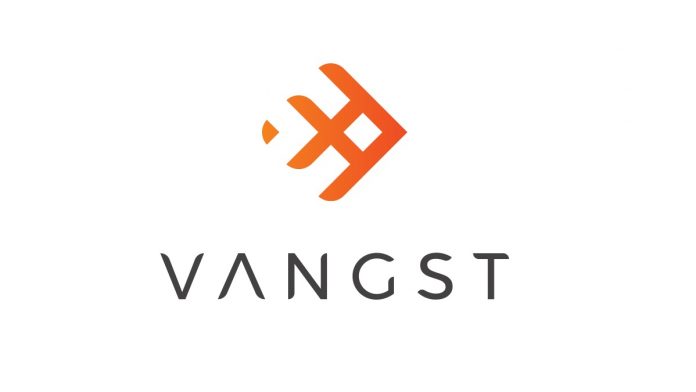DENVER — Vangst, a jobs platform for the cannabis industry, released the 2024 Vangst Jobs Report. Completed in partnership with Whitney Economics, the report examines each market’s regulatory environment, investment climate, cannabis license data, and past performance to document key changes within the legal cannabis industry and determine the number of full-time equivalent (FTE) jobs supported by the legal industry.
The second annual report highlights several positive trends within the legal cannabis industry, including job creation and sales growth. The industry added 22,952 new jobs in 2023, a 5.4% year-over-year increase that brings the total number of full-time-equivalent jobs to 440,445. The increase in full-time-equivalent jobs is supported by the $28.8 billion worth of legal cannabis products sold in 2023, an increase of $2.7 billion over the previous year.
Key findings from the 2024 Vangst Jobs Report include:
- Michigan and Missouri led the nation in cannabis job growth, adding more than 10,000 jobs each in 2023.
- New York and New Jersey continue to grow steadily, adding 2,050 and 4,870 jobs respectively.
- The earliest legal states—California, Colorado, Washington, and Oregon—experienced the greatest job losses.
- Ohio, New York, New Jersey, and Maryland will be the hot job markets in 2024, with thousands of new hires needed in the coming year.
- Look for a moderate 9% growth in overall revenue in 2024, with more expansion expected in 2025 as lower interest rates make investment and growth affordable once more.
The legal cannabis industry is expected to continue experiencing moderate growth in 2024. Overall revenue is projected to rise by 9% in 2024, with more expansion expected in 2025. Ohio, New York, New Jersey, and Maryland are also uniquely positioned to attract professionals to the industry, with thousands of new hires needed in the coming year.
“When we started Vangst, there were less than 50,000 full-time employees in the cannabis industry. Less than a decade later, there are 440,445 full-time employees in cannabis, a number that will continue growing,” said Karson Humiston, Vangst Founder & CEO. “I am very proud of the work our team does to create the industry’s go-to-report, to examine jobs per state, something that the federal government does not do for our industry.”
The findings of the 2024 Vangst Jobs Report are essential to understanding the health of the legal cannabis industry in the U.S. Federal prohibition prevents federal and state labor departments from compiling data on the legal cannabis industry. Vangst and Whitney Economics counteract anti-cannabis restrictive measures by exploring an industry that has proven to be the fastest-growing business sector in the United States. To learn more about the report and the direction of the industry, visit https://vangst.com/2024-jobs-report.
About Vangst
Vangst is a cannabis industry hiring platform – both for job seekers looking to get into the cannabis industry and for cannabis professionals looking to get ahead within it. Vangst helps cannabis companies find and attract the talent they need to grow their business. From on-demand gig workers to trained and credentialed full-time employees, Vangst has built the industry’s go-to marketplace for all cannabis hiring. Vangst is proud to work with 1,500+ of the cannabis industry’s leading businesses; helping them find candidates faster and streamlining hiring processes.
Since raising its seed round in 2018, Vangst has become one of the fastest-growing companies in the cannabis industry and has been recognized for many industry and business awards. Today, 440,445 people have full-time jobs in the cannabis industry and this number is expected to triple over the next five years. Vangst is on a mission to fill every job in the cannabis industry.
A Series B company backed by Lerrer Hippeau, Colle Capital, Level One Fund, Casa Verde Capital, and others, Vangst is headquartered in Denver.
About Whitney Economics
Whitney Economics is a global leader in cannabis and hemp business consulting, data, and economic research. The firm regularly consults with private companies as well as local, state, and national government agencies, applying economic principles to create actionable policies and strategies.










